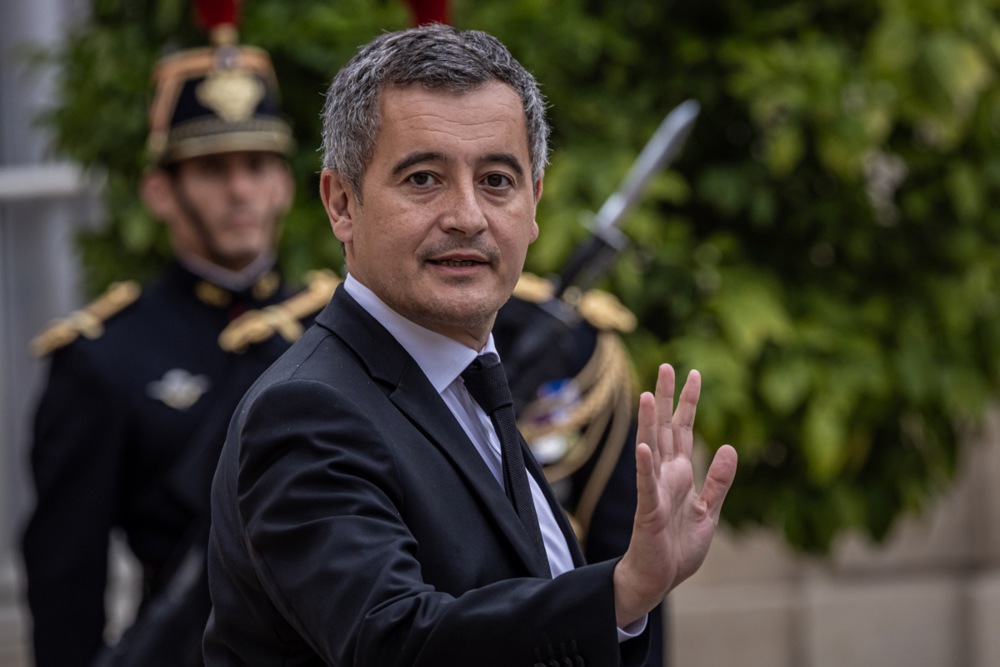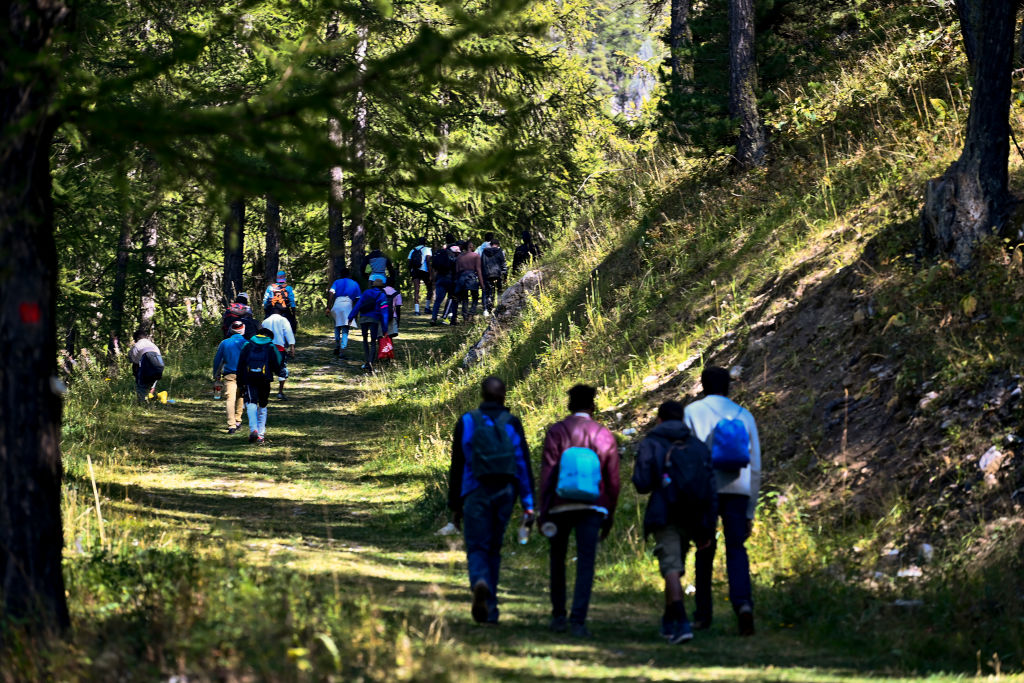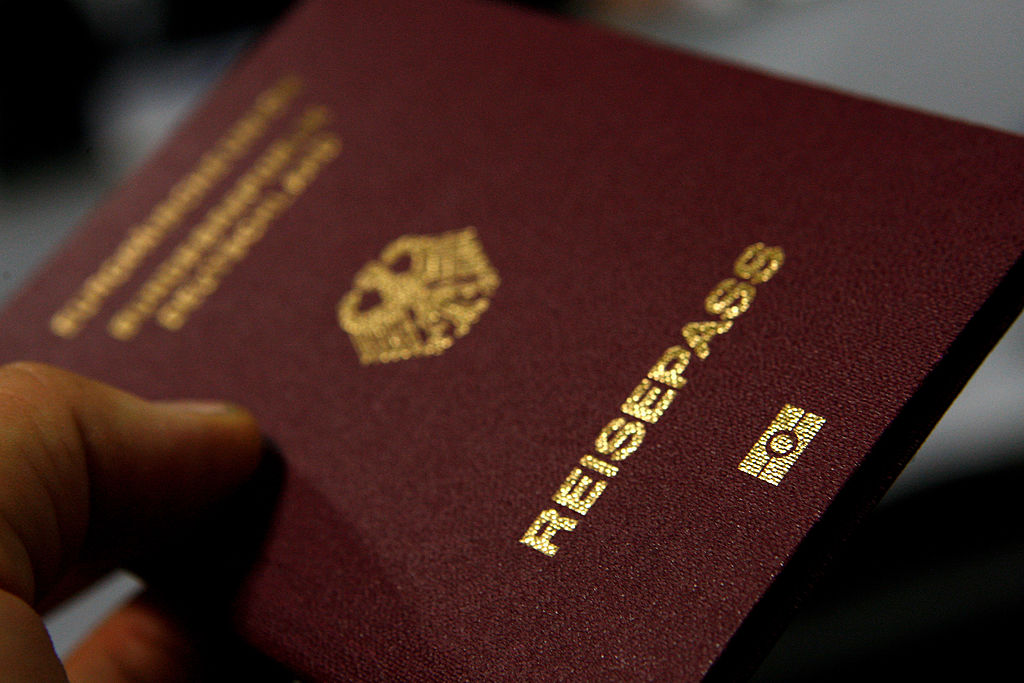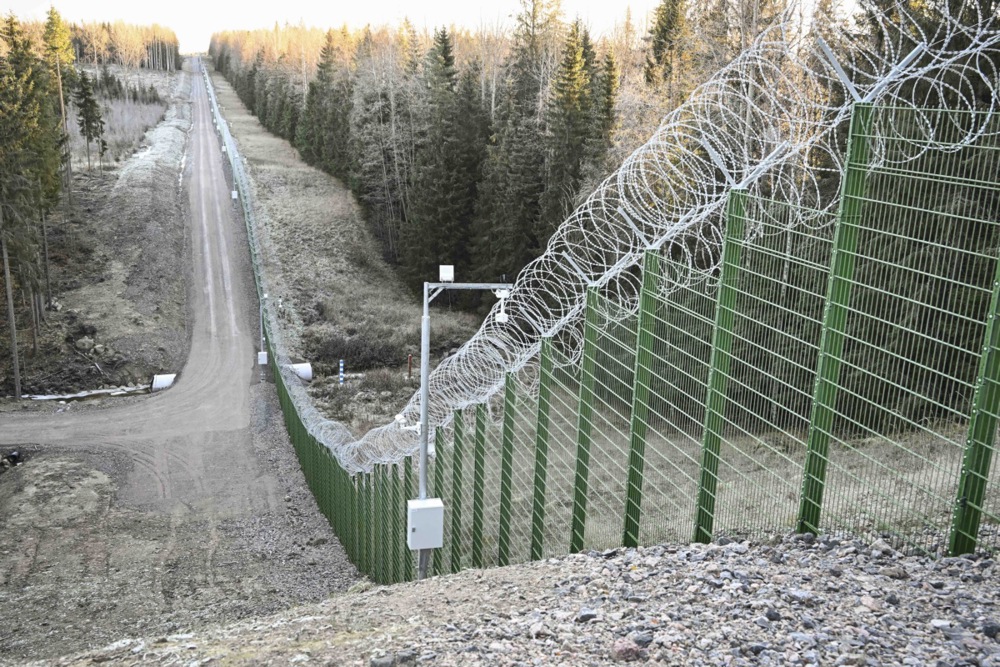Employees of humanitarian organisations in France’s overseas department of Mayotte have been attacked and threatened by residents who accuse them of helping illegal migrants, according to reports.
The island, located between Mozambique and Madagascar, has a large number of immigrants: perhaps as many as half its population of 300,000.
Paris on February 11 ended birthright citizenship on the island, meaning that now not everyone born there is considered automatically French: a departure for France’s overseas departments, which have had the same status as mainland France.
But the move has not appeased angry protestors, who continue to put up roadblocks across the island demanding “expulsion of refugees”.
Solidarité Mayotte, a humanitarian organisation providing support and lodging to individuals seeking refuge and receiving international protection, says its employees are “uncomfortable” with the situation and have come under attack.
Its previous director felt it necessary to leave her post at the end of January.
“She was insulted and spat on while accompanying beneficiaries to one of our homes,” Gilles Foucaud, Solidarité Mayotte’s deputy director, told AFP.
“Since February 6, we no longer have access to our premises, everyone is working from home. We were told that if we dared to leave our premises, it would be a declaration of war on the people of Mahora,” he added.
“The tensions around the camp, with the vicinity and then the broader neighbourhood, began six months ago,” an anonymous staff member told the French news agency.
“Since then, there has been an escalation: stones have been thrown at migrants at the stadium, [water] tanks near the camp destroyed in the middle of the water crisis, videos of volunteers circulating on social networks with anonymous threats, an intrusion at the headquarters of Solidarité Mayotte with a blocking of access,” the staff member added.
People in Mayotte “believe that the state uses these [humanitarian] structures to help illegal immigrants in Mayotte,” says Abdou Badirou, spokesman for the Forces Vives collective.
Forces Vives has engaged in a series of roadblocks, protesting against insecurity and immigration, which have brought life on the island to a standstill since January.
When a camp of refugees from the Great Lakes of Africa was housed in makeshift shelters near the Cavani football stadium in Mamoudzou, demonstrators launched a picket in front of the stadium’s gates to “monitor the entrances and exits so that no one else settles in,” said Badirou.
In addition, protesters locked the doors of Solidarité Mayotte’s offices, which are close to the stadium.
“The associations encourage the arrival of migrants by helping them, but they do not house them and leave them in undignified conditions,” Badirou told AFP.
The Coalia association, an organisation which provides emergency accommodation and integration support, said its staff had also encountered abuse.
“During the last operation to dismantle the Cavani camp, on February 1, some of our employees were followed as they brought refugees to their new homes. They were filmed and the videos were circulated on social networks accompanied by threatening comments,” its director told AFP.
Nuit de #terreur et de #violence à Combani avec 20 véhicules incendiés: #Mayotte demande l'#ÉtatDUrgence pour reprendre le contrôle et rétablir l'ordre public @GDarmanin @GabrielAttal @EmmanuelMacron pic.twitter.com/UK6APaEWnL
— Estelle Youssouffa Députée (@DeputeeEstelle) February 22, 2024





